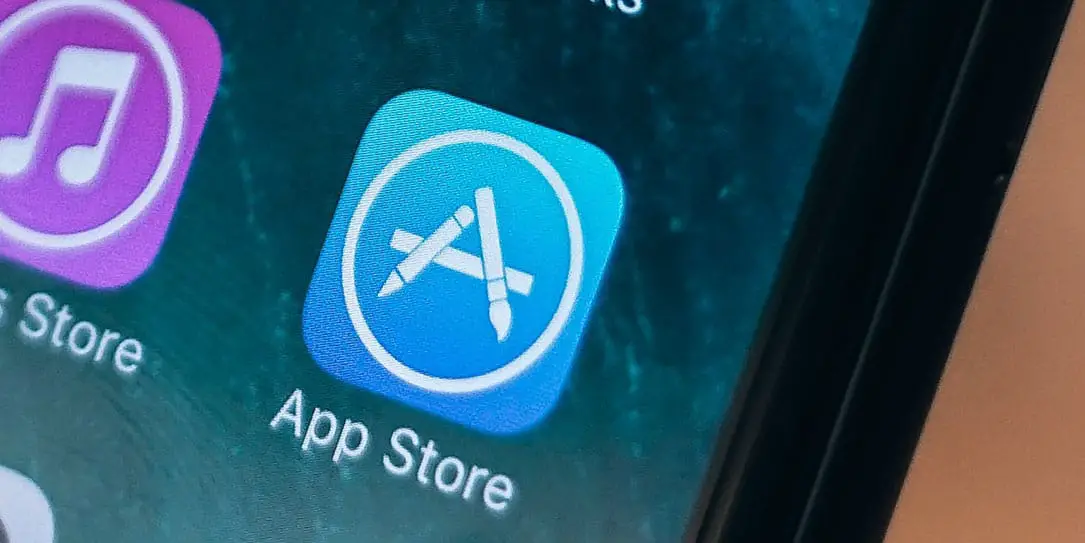The Supreme Court made a ruling today in favor of users seeking to file an antitrust lawsuit against Apple. The antitrust suit revolves around the way Apple conducts its App Store business. The Supreme Court ruled 5 to 4 against Apple even after the company argued that consumers had no right to bring such a suit to court.
Apple’s argument weighed heavily on the fact they do not directly charge consumers but instead app developers. Apple takes a 30% commission from app developers for having their apps on the App Store. Of course, that 30% commission is usually worked into the developer’s final price. Many have called this the “Apple Tax.”
But it’s not just the App Store where Apple takes a commission, they also license their connectors and makers of third-party peripherals must get MFi certified. MFi certification is costly and the costs to manufacturers are reflected in their final consumer prices.
The iPhone users argued that Apple’s 30% commission on sales through the App Store is an unfair use of monopoly power that results in inflated prices passed on to consumers.
Apple argued that only app developers, and not users, should be able to bring such a lawsuit. But the Supreme Court, in an opinion authored by Justice Brett Kavanaugh, rejected that claim.
“Apple’s line-drawing does not make a lot of sense, other than as a way to gerrymander Apple out of this and similar lawsuits,” Kavanaugh wrote.
CNBC
Apple has long been known for keeping a “walled garden” where it controls almost every aspect of hardware and software. Like any system, there are positives and negatives. The negative this antitrust lawsuit is pointing out is Apple’s high cost to developers to operate within their ecosystem which is passed on to the consumer.
The result of the iPhone users’ litigation could affect the way that Apple, as well as other companies that operate electronic marketplaces like Facebook, Amazon and Alphabet’s Google, structure their businesses. For Apple, hundreds of millions of dollars in penalties could hang on the outcome.
CNBC
What do you think of the Supreme Court ruling? Do you think consumers have the right to bring this antitrust suit against Apple? Let us know in the comments below or on Twitter, or Facebook. You can also comment on our MeWe page by joining the MeWe social network.
[button link=”https://www.cnbc.com/2019/05/13/supreme-court-rules-against-apple-in-app-store-antitrust-case.html?__source=twitter%7Cmain” icon=”fa-external-link” side=”left” target=”blank” color=”285b5e” textcolor=”ffffff”]Source: CNBC[/button]Last Updated on February 3, 2021.










